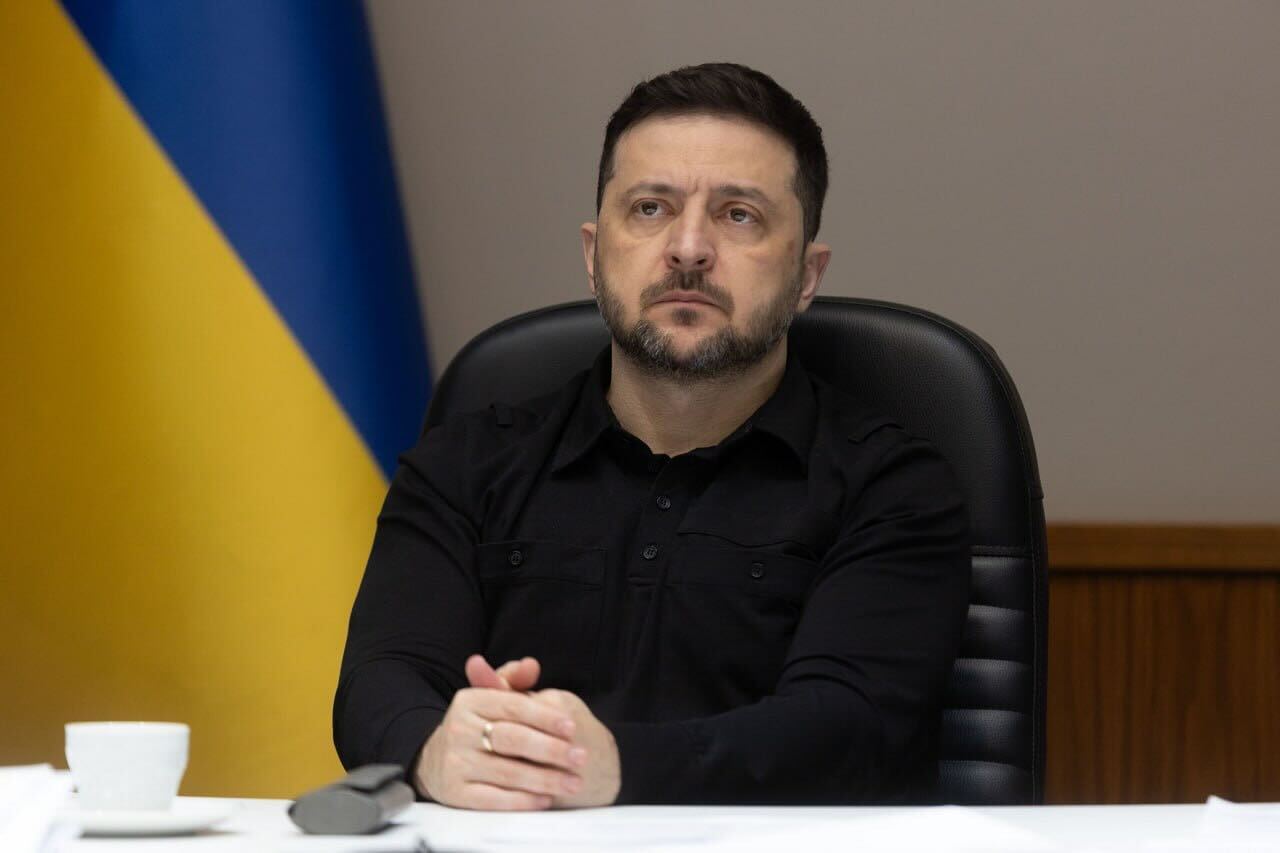Why It Matters that We Believe the Intelligence Community
Currently, headlines are still abuzz over unverified reports suggesting President-elect Donald Trump may have closer ties to the Kremlin than previously thought. The credibility of the new information is unclear, but it is certain to keep Russian interference in the U.S. election as front page news for the foreseeable future. Questions over the privately-prepared dossier are becoming somewhat confused with those related to the recently released intelligence community assessment of Russian hacking in the elections.
Published by The Lawfare Institute
in Cooperation With

Currently, headlines are still abuzz over unverified reports suggesting President-elect Donald Trump may have closer ties to the Kremlin than previously thought. The credibility of the new information is unclear, but it is certain to keep Russian interference in the U.S. election as front page news for the foreseeable future. Questions over the privately-prepared dossier are becoming somewhat confused with those related to the recently released intelligence community assessment of Russian hacking in the elections.
The divisive and polarized political discourse surrounding Russian attempts at election interference clearly illustrate a broader—and troubling—trend. Americans place very little trust in the institutions that serve as the pillars of democracy and liberal governance. American liberalism primarily rests on a faith in democratic institutions, whether congressional representatives, diplomats, political appointees, or the intelligence community. This is not to say we should place blind confidence in those individuals or the institutions they represent—merely that an open democratic society can only function well if there is a certain baseline trust between the operating levers of government and the citizens of the polis.
That is why it is important to push back on unfair attacks against the intelligence community, in particular those maligning the recent report from the Office of the Director of National Intelligence (ODNI), Assessing Russian Activities and Intentions in Recent U.S. Elections. The report’s findings are not particularly remarkable, but the lines of criticism against it reveal—and hasten—the broader decay of trust between citizens and the government. Below are responses on two especially concerning lines of attack.
1. Intelligence failures regarding Iraqi WMDs are not a reason to disbelieve the intelligence community now.
The basic argument, as offered by the President-elect himself, is that the intelligence community was wrong about Iraqi weapons of mass destruction and therefore has no credibility here. This presumes that because intelligence has failed in the past, it cannot ever be taken as reliable. Both the premise and conclusions of reasoning are false. In reality, much of the intelligence in Iraq was uncertain, unconfirmed, and ultimately valued at low or moderate confidence levels. On top of that, following the First Gulf War, Western intelligence agencies were shocked to learn that the Iraqis had hidden huge infrastructure projects for producing chemical, biological, and nuclear weapons. Prewar intelligence operations hadn’t picked up on their existence, and so intelligence agencies in the interwar period became convinced of the masterfully perfected intelligence craft of Iraqi agents. As Richard Betts discusses in his book Enemies of Intelligence:
The shock of discovering how much had been successfully concealed before the 1991 war convinced Western intelligence that the Iraqis were masters of deception, so the absence of evidence of WMD or any negative indications in later years were explained away as the result of denial and deception. Assumptions that Iraq had ambitious WMD projects and a major program of denial and deception "were tied together into a self-reinforcing premise that explained away the lack of strong evidence of either."
It is certainly true that the Iraq intelligence analysis was flawed. Unreliable human intelligence, dubious satellite imagery, and circumstantial evidence surrounding Iraqi behavior contributed to those flaws. But the fact is that the Administration had already made a political decision to go through with the operation. The narrative lays the operation’s failure at the feet of the intelligence community. But it is important to recognize the intelligence was an ex post justification for what was, first and foremost, a political calculation on the part of the George W. Bush Administration. The failure was in the politics, not the intelligence.
And importantly, the types of intelligence underlying the ODNI report is much stronger. It includes not only human and signals intelligence, but also computer forensics.
2. The intelligence community is not out to get President-elect Trump.
This is a weak yet persistent argument percolating out in the ether. The claim is that the intelligence community and FBI are actively working to undermine President-elect Trump. The claim is absurd on its face. After all, FBI Director Comey surely didn’t do Secretary Clinton any favors during the election. (The FBI had even been criticized as “Trumpland” during the height of the email scandal late in last year’s election campaign.) Tensions over the intelligence community’s analyses are even leading to ruptures within the Trump camp, culminating in the recent resignation of James Woolsey from the transition team.
Most important, it is important to understand that the IC has nothing to gain, and much to lose, from politicizing this intelligence.
As a matter of general survival the intelligence community needs to ensure relative good standing with the incoming Administration. After all, 17 separate intelligence agencies vie for shares of the budget. Does it make sense, in the waning days of the Obama Administration, that they would go out on a limb to vilify the incoming President-elect knowing that appropriations season is right around the corner? Unlikely.
The relationship between presidential Administrations and the intelligence community is often complicated—sometimes downright antagonistic. However, as Joshua Rovner discussed recently on Lawfare, “while there is a long history of intelligence-policy friction, the hostility between the incoming administration and the intelligence community is unprecedented.” This was all-too apparent at last week’s press conference, when Mr. Trump claimed, absent evidence, that the intelligence community has leaked the documents, that it was a “disgrace,” that they ought to apologize. He further characterized the alleged leaks to the behaviors of Nazi Germany.
The intelligence community can take some comfort from the appointments of stalwarts like former Sen. Dan Coats and Rep. Mike Pompeo to key intelligence leadership positions. Once they assume office some of the fissures may heal. But there is simply nothing to suggest any concerted, conspiratorial effort to “get” Mr. Trump. Indeed, that the certainty with which the CIA, FBI, and NSA interpreted Russia’s aims—especially as it related to denigrating Mrs. Clinton in order to “harm her electability and potential presidency” and the Kremlin’s “clear preference for President-elect Trump”—differed suggests disagreements on the extent to which the Russians truly preferred Mr. Trump (CIA and FBI ranked the judgment at “high confidence” and NSA was at “moderate confidence”).
Conclusion
The content of the report hardly discloses bombshell revelations. But the reason Americans should care about its revelations has less to do with the report itself, and more to do with the public’s response to its release. The broader issue of Russian interference in the 2016 presidential election should be viewed through empirical analysis, and not the lens of “fake news.” We should be far more troubled by a President-elect urging public disbelief in the intelligence community’s assessments of Russian intentions to weaken our faith in liberal democratic institutions. The real story here isn’t which country’s leadership preferred which U.S. presidential candidate, but the extent to which the Russians were able to succeed in sowing mass doubt in the democratic process. As Rovner notes in his article, even the intelligence community is not immune from this effect:
Eroding faith in intelligence is part of a broader decline of trust in government. This is problematic for society as a whole, but it is particularly damaging for intelligence agencies, which require a kind of special dispensation to do their jobs. Democratic institutions must be transparent so that they can be held accountable. This is not true for intelligence agencies, which enjoy a large measure of secrecy given the nature of their activities. This may not continue if the public comes to believe they are incompetent.
There is no doubt the NSA and other agencies could do with more robust congressional oversight, increased transparency, and trimming down the current amount of classification. Unfortunately, that type of reform cannot occur in a political environment so wracked by polarization and mistrust. Even Sen. Ron Wyden—a stalwart civil libertarian whose concerns surrounding the U.S. surveillance apparatus are well known—agrees, and recently warned against discrediting the intelligence community.
For now, the response to the ODNI report serves as a barometer for just how much faith the American people have lost in their government. Only by somehow revitalizing the liberal experiment can we hope to restore that trust.


-(1).jpg?sfvrsn=b91ff6a6_7)

.jpg?sfvrsn=ca10a5c_7)
